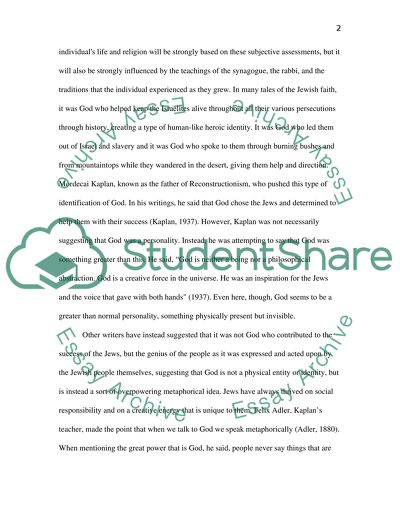Cite this document
(“God In The Jewish Tradition Essay Example | Topics and Well Written Essays - 2000 words”, n.d.)
God In The Jewish Tradition Essay Example | Topics and Well Written Essays - 2000 words. Retrieved from https://studentshare.org/religion-and-theology/1600109-judaism
God In The Jewish Tradition Essay Example | Topics and Well Written Essays - 2000 words. Retrieved from https://studentshare.org/religion-and-theology/1600109-judaism
(God In The Jewish Tradition Essay Example | Topics and Well Written Essays - 2000 Words)
God In The Jewish Tradition Essay Example | Topics and Well Written Essays - 2000 Words. https://studentshare.org/religion-and-theology/1600109-judaism.
God In The Jewish Tradition Essay Example | Topics and Well Written Essays - 2000 Words. https://studentshare.org/religion-and-theology/1600109-judaism.
“God In The Jewish Tradition Essay Example | Topics and Well Written Essays - 2000 Words”, n.d. https://studentshare.org/religion-and-theology/1600109-judaism.


